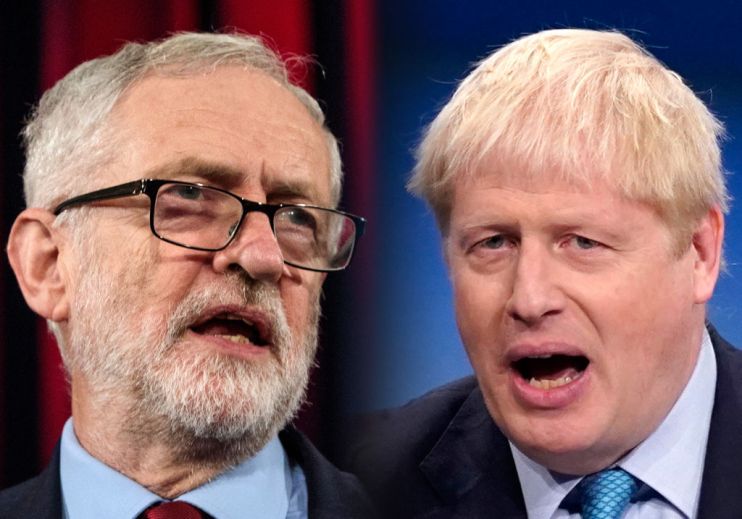Will the Tories win the General Election? It’s all in the mind

What can psychology tell us about the result of the General Election?
Voting is irrational. You probably don’t need me to tell you that, seeing how crazy the political world has become recently. But it is an established principle in psychology, and it’s called the Paradox of Voting.
Think about it. Why bother to vote when a single ballot makes statistically zero difference to the end result (and politicians never keep their promises, anyway)?
We like to think that our intellects are in charge of what we do. But in fact, it’s the irrational brain that is in charge; the conscious mind is more like the press office, making up excuses after the fact.
For this reason, while we might assume our voting choices are carefully considered, we are mistaken. In reality, they are largely irrational.
For example, when a liked candidate says something we disagree with, we tend to change our opinion rather than our candidate preference.
Indeed, the conscious brain is a poor predictor of true behaviour — just ask pollsters FiveThirtyEight, who gave Donald Trump a 4.6 per cent chance of winning the US election in 2016.
Though this may seem frightening, an understanding of the irrational brain can tell us who is likely to win the upcoming General Election.
Here are three principles which help us predict who might win.
A question of competence
The more authoritative a politician is perceived to be, the more likely they are to receive votes. For instance, many studies have shown that ratings of competence based on facial photographs predict actual election outcomes, and being rated as “baby-faced” or having a high-pitched voice negatively affects the vote share.
With his commanding presence and mayoral experience, this round goes to Boris Johnson. Although ethics and humility is an aspect of political reputation where Boris perhaps falls flat, research suggests it’s not as important for vote share as competence.
Countless biases
There are countless psychological biases which influence how we vote.
For example, voters tend to jump on the bandwagon as a politician’s popularity changes. Republicans in the 1996 primaries were more likely to vote for Bob Dole when he was leading in made-up polls shown to voters.
Bad weather also has an effect: rainfall and snowfall reduce voter turnout, and for whatever reason, those who turn out to vote tend to vote conservative.
There is even an order effect, where having a name which starts with a letter from early in the alphabet means a candidate is written at the top of the ballot, and is consequently more likely to win.
Similarly, a significant aspect of voter choice is front-of-mind awareness. Researchers have long observed that electoral outcomes are correlated with exposure to signage, and field experiments have used text message reminders to increase turnout by three percentage points.
Voters will also use the endorsement of a public figure they like or trust as a heuristic cue that the candidate is aligned with their values — Oprah Winfrey’s endorsement, for example, was responsible for an estimated 1,015,559 votes for Obama.
Leading in the polls, the headlines, and the alphabet, this round goes to Boris too. Although there are nudges where Boris might not excel — like social discounting, where we prefer politicians who are like us (rather than Eton and Oxford-educated elites).
In a mood
Finally, one must look at the mood of the general public.
In political psychology, there are two major needs: rules and empathy. Conservative voting is associated with rules: conservatives tend to prioritise authority, purity and group solidarity, and have a stronger need for structure and safety. Liberalism, meanwhile, is associated with empathy, with a tendency to prioritise kindness.
Modern life is intensely chaotic, and the British mind is desperate for some structure. This therefore favours the more conservative candidate.
All in all, an understanding of the subconscious brain tells us that Boris is likely to win. Whether you take this as good news or not, at least you’ll know what to expect — a rare treat in this political climate.